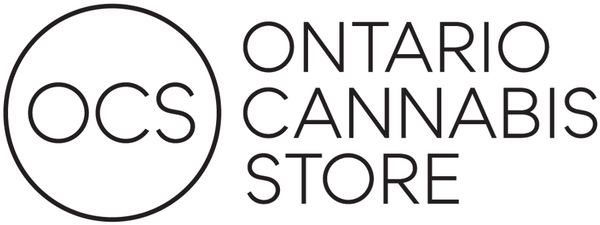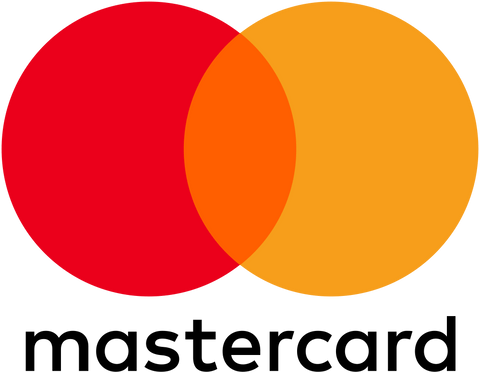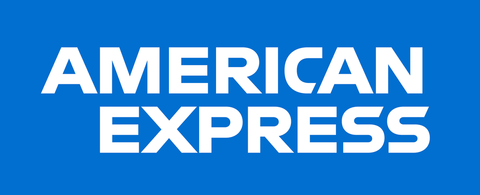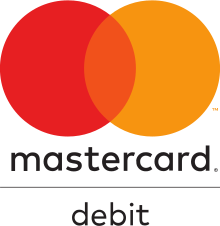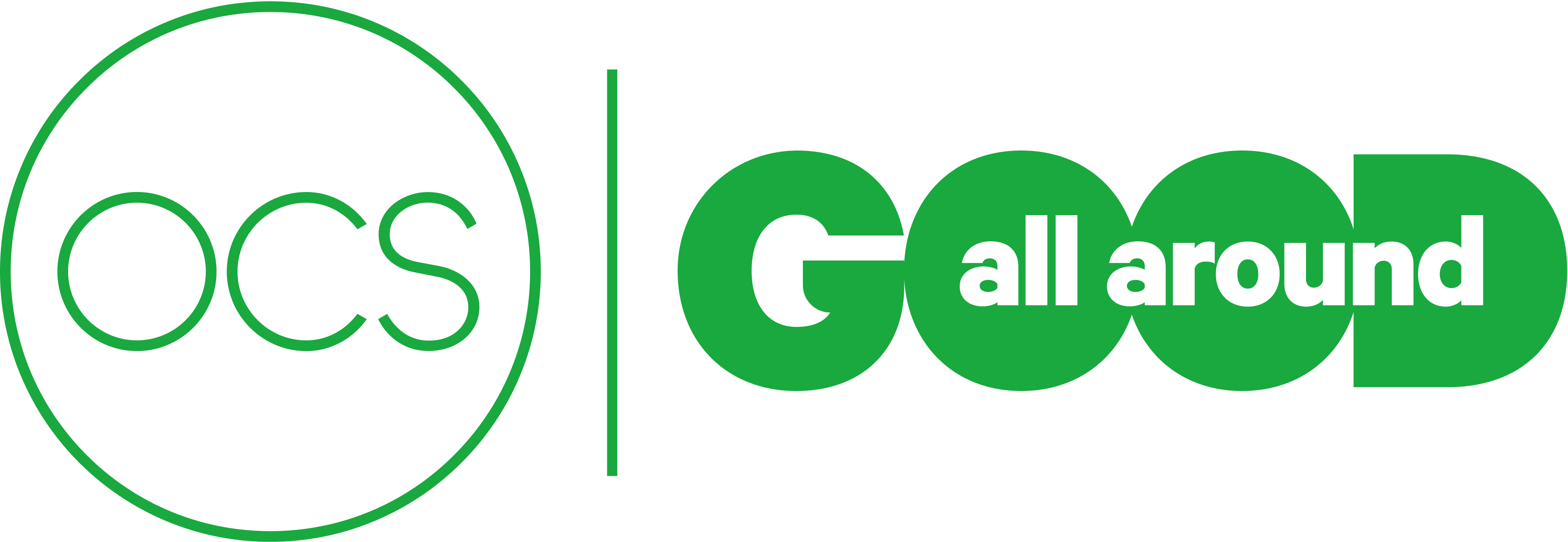Shopping For Legal Cannabis
Ontario Cannabis Fieldnotes: All the ingredients for a smoke-free experience
British Columbia Licensed Producer Nextleaf Labs uses a high-tech system to pump out thousands of kilograms of cannabis oils, distillates and isolates.
Last updated December 30, 2024 | Published on December 30, 2024
Running at maximum capacity, Nextleaf Labs’ 6,500-square-foot facility in Coquitlam, B.C., can process a whopping 1,000 kilograms of cannabis plants.
Those plants are converted into crude oils, distillates and isolates — cannabis extracts that are used in dozens of vapes and smoke-free products in the legal Canadian market, as well as Nextleaf’s own Glacial Gold brand.

ABOUT NEXTLEAF LABS
Founded: 2017
Size: 40 employees
Produces: Ingestible softgels, vapes, high-potency oils and infused pre-rolls for white label partners and house brand Glacial Gold
Known for: Creating large amounts of oil, distillate and isolate used across the industry for edibles, beverages, drops and more
Shop: Glacial Gold
Read on to find out how Nextleaf’s unique extraction process makes the secret sauce that goes into many cannabis edibles, beverages, softgels and more.
It all starts with the plant
Emma Andrews, Nextleaf Labs CEO, says the company processes cannabis trim, as well as flower that may not meet particular specifications (called “biomass” in the biz), from various Licensed Producers. They include the white label partners Nextleaf produces ingredients for and companies that grow the cannabis that goes into Nextleaf’s Glacial Gold softgels, drops and vapes. (Nextleaf does not grow cannabis itself.)
“There are many competitors in the market — friendly competition — where our distillate ends up in their products, which is kind of fun,” Andrews says. “When I go into [an Authorized Cannabis] store, I’m either buying our ingredients or our products.”
The biomass is processed to strip out the desired active ingredients, such as the major cannabinoids THC and CBD, terpenes and minor cannabinoids. What’s left behind is plant matter that is then discarded or repurposed.
High-tech extraction: A key ingredient to success
Nextleaf’s patented closed-loop extraction and distillation system is the heart of the company.
Andrews describes it as a highly automated process in which the equipment is arranged in a specific order to reduce waste and maximize extraction. Here’s how it works: Pressurized gas is used to force liquids through a series of vertical filters, at temperatures lower than industry standards to help preserve the chemical makeup of the plants. Unlike most distillate producers, Nextleaf does not use CO2 in its process, which Andrews says results in higher purity.
Each of the filters produces an increasingly refined oil that’s used for many different purposes.
Stage 1: Crude oil
The first part of the loop produces broad-spectrum crude oil — containing large amounts of terpenes and cannabinoids — using physical filtration and an ethanol extraction treatment. “It’s a richer, darker colour. There are some waxes and lipids in that oil,” Andrews says. Nextleaf may supply this oil, for example, to a Licensed Producer selling RSO, a type of broad-spectrum cannabis oil named for its Canadian inventor, Rick Simpson.
What Is White Label Manufacturing?
A white label product is manufactured by one company and then branded and sold by another. In the cannabis industry, some companies create oils, distillates, pre-rolls, vape cartridges and other products that get bought and rebranded by others.
Stage 2: Distillate
Continuing along, the next filter creates distillate. “That’s almost clear, tasteless and odourless, [with] 99% purity,” Andrews says.
“It’s the most approachable from a consumption experience for the broadest number of customers,” she continues. “And it’s the easiest to formulate with, because you don’t have to use flavour masking if you’re putting it in a beverage or an edible. So it’s a really versatile ingredient for such a wide range of formulations.”
Distillates are also used as key ingredients in edibles, beverages and infused pre-rolls because they are standardized in terms of purity and cannabinoids. “It’s a very specific experience,” Andrews says. Unlike a broad-spectrum oil or full-spectrum flower, there are no terpenes that can introduce variability into the experience. “It’s very predictable. It’s very repeatable. It’s the same every time.”
Stage 3: Isolate
The final filtration step creates isolate, which is the purest cannabis extract currently available. Think of a CBD oil or one with the highest THC concentration possible. “It’s the most purified and standardized compound you can have,” she says.
Making extracts more cost-effective and eco-friendlier
Nextleaf’s closed-loop system may be small, but it’s mighty, pumping out 12,000 kilograms of distillate a year (and that’s not even its maximum capacity).
The machines have a relatively tiny footprint compared to the equipment used in standard extraction processes employed throughout the industry. “If you were going to match the same output in terms of speed and volume as our process using CO2, you would need 10 times the equipment,” Andrews says.
The highly automated and scalable system makes Nextleaf’s ingredients cost-effective, says Andrews. Nextleaf’s focus on industrial-scale extraction can help brands launch new products faster and at a lower cost. Those benefits can translate into more choices and lower prices for consumers.
Reduce the risks to your lung health from consuming cannabis by choosing smoke-free options, such as edibles and beverages.
The company also focuses on reusing materials from the extraction process. Andrews says the chilled alcohol used as a solvent is repurposed. Nextleaf is also actively researching a way to convert the spent cannabis biomass into an ingredient that would replace coal ash used to make concrete.
Bringing legacy brand Glacial Gold to the legal market
Andrews joined Nextleaf six years ago, first as an investor and then as the director of marketing. During those years, she says she got “really nerdy” about cannabis science and technology.
She was at Nextleaf in 2021 when the Licensed Producer acquired Glacial Gold, a legacy cannabis brand that specialized in concentrates and extracts, and in 2022 when Glacial Gold first hit the Ontario market. Now, as CEO for little over a year, Andrews is prepping for the relaunched brand’s 15th product, the 1 g All-in-One pure distillate Banger — an all-in-one vape with unflavoured high-potency THC that’s set to hit the legal Ontario market in early 2025.
The new vape will join Glacial Gold’s current lineup of broad-spectrum CBD and 1:1 THC:CBD oil drops and softgels, as well as high-THC vape carts — all produced and packaged in small batches at the Coquitlam facility just outside Vancouver.
Andrews says her company acquired the pre-legalization brand in part because Nextleaf’s founder, Ryan Ko, was on the original Glacial Gold team. He pioneered (and patented) the technology at the core of Nextleaf’s system. “There were a lot of really authentic people connected to the original brand who are still part of Nextleaf today,” says Andrews.
Even so, Nextleaf is aware that its high-tech, high-yield approach to bud is not everyone’s cup of (infused) tea, particularly connoisseurs of craft cannabis products.
“Don’t get me wrong — I love to smoke a good joint. But…my mom takes our CBN softgels, you know? And she would never, never light up,” Andrews says. “There are different cannabis ingredients for different consumption experiences and occasions. And I think that’s the piece we have to remember — the versatility of this plant allows us to create so many different types of product experiences.”

